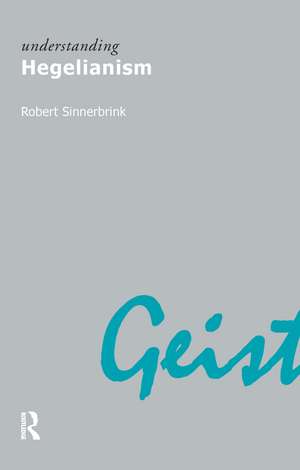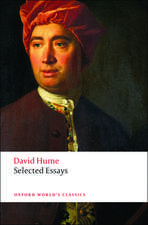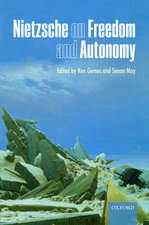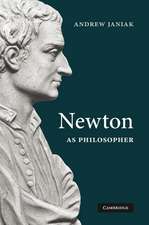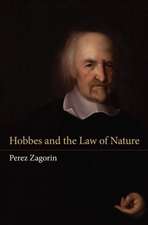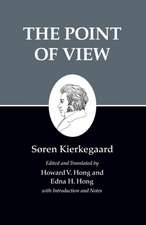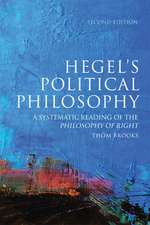Understanding Hegelianism
Autor Robert Sinnerbrinken Limba Engleză Paperback – 29 mai 2007
Preț: 363.58 lei
Nou
Puncte Express: 545
Preț estimativ în valută:
69.57€ • 75.88$ • 58.66£
69.57€ • 75.88$ • 58.66£
Carte tipărită la comandă
Livrare economică 24 aprilie-08 mai
Preluare comenzi: 021 569.72.76
Specificații
ISBN-13: 9781844650941
ISBN-10: 1844650944
Pagini: 240
Dimensiuni: 138 x 216 x 19 mm
Greutate: 0.31 kg
Ediția:1
Editura: Taylor & Francis
Colecția Routledge
Locul publicării:Oxford, United Kingdom
ISBN-10: 1844650944
Pagini: 240
Dimensiuni: 138 x 216 x 19 mm
Greutate: 0.31 kg
Ediția:1
Editura: Taylor & Francis
Colecția Routledge
Locul publicării:Oxford, United Kingdom
Cuprins
Preface Abbreviations Introduction: Hegel and the Enlightenment Part I The adventures of Hegelianism 1. Introducing Hegelian idealism 2. Adventures in Hegelianism Part II German Hegelianism 3. Reification and metaphysics: Lukacs and Heidegger 4. Enlightenment, domination and non-identity: Adorno's negative dialectics 5. Modernity, intersubjectivity and recognition: Habermas and Honneth Part III French Hegelianism 6. French Hegelianism and its discontents: Wahl, Kojeve, Hyppolite 7. Between existentialism and Marxism: Sartre, de Beauvoir, Merleau-Ponty 8. Deconstructing Hegelianism: Deleuze, Derrida and the question of difference Conclusion: the future of Hegelianism Questions for discussion and revision Further reading References Index
Descriere
Explores the ways in which Hegelian and anti-Hegelian currents of thought have shaped some of the most significant movements in twentieth-century European philosophy, particularly the traditions of critical theory, existentialism, Marxism and poststructuralism.
